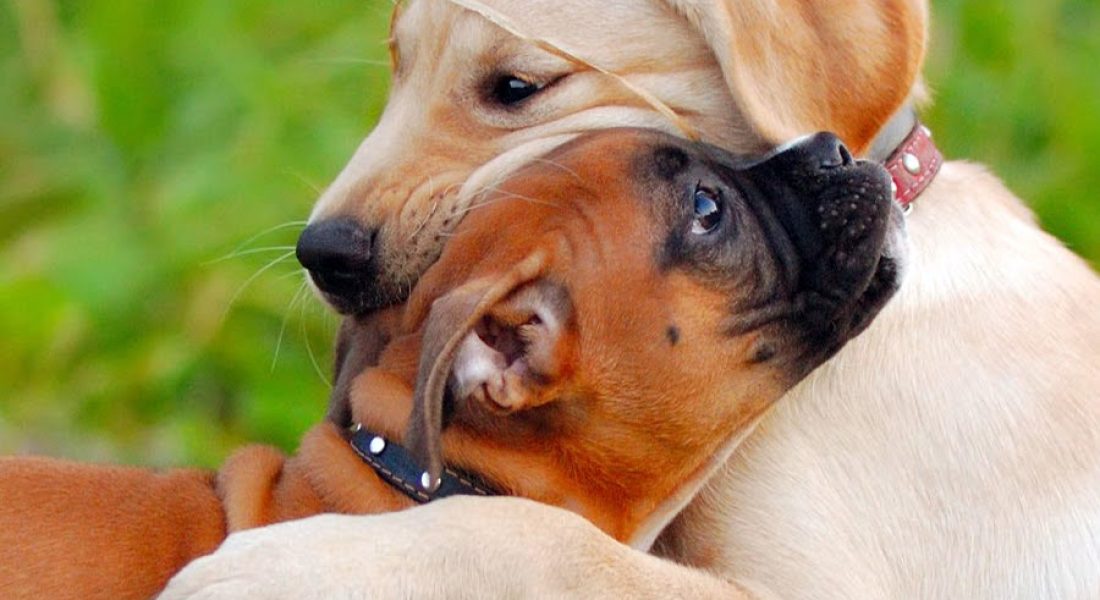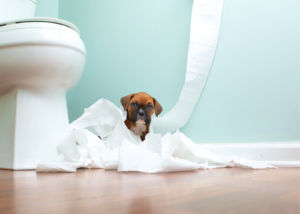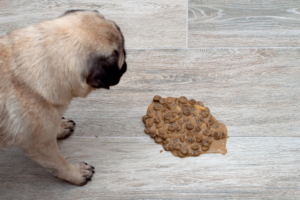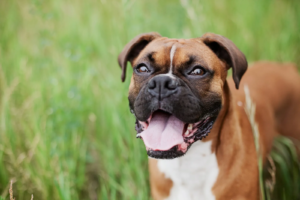Are you considering getting a new puppy? Congratulations! It’s an exciting journey and one that brings so much joy to your life. But before you bring your pup home, there is an important consideration: socialization.
Socializing your puppy is the key to having a healthy, happy, and well-behaved dog – something all pet owners want for their furry family members. We will cover everything from why socializing puppies is so important to tips on how to get started.
Understanding the importance of puppy socialization
Puppy socialization is the process of introducing your puppy to different people, places, objects, and experiences in a positive way. This not only helps your pup learn how to interact with the world around them but also builds their confidence and strengthens their bond with you.
Early socialization can prevent future behavior issues such as fearfulness or aggression towards other animals, people, or objects. It also allows them to adapt to new situations and environments, making it easier for you to take your pup on adventures or even just a simple trip to the vet.
Also, socialization is crucial for your pup’s mental and emotional well-being. Imagine being isolated from the world – it can lead to boredom, anxiety, and even depression. The same goes for puppies who are not exposed to different stimuli during their critical developmental period.
When to start socializing your pup
Puppy socialization should begin as early as possible, preferably between 3-5 weeks of age. However, the earliest time most puppies are taken to their forever home is at 8 weeks. And, if you are adopting an older pup, don’t worry – it’s never too late to start the socialization process.
Just keep in mind that puppies have a short window of opportunity for learning and accepting new experiences without fear. The critical period for socialization is between 3-14 weeks. After that, it becomes more challenging to introduce new things to your pup without triggering fear or anxiety, but it’s always possible!
How to socialize your puppy
When it comes to socializing your puppy, the key is to start slow and keep a positive attitude. Here are some tips to help you get started:
- Start at home: Begin by introducing your pup to their new home – show them around, let them explore, and familiarize themselves with their surroundings. This will help build their confidence and trust in you.
- Invite friends and family over: Once your pup is comfortable at home, start inviting people over – friends, family, neighbors – anyone who you want your puppy to interact with in the future. Please encourage them to play with your pup gently and give lots of treats and praise for good behavior.
- Take short trips outside: Gradually introduce your pup to different environments – the park, street, pet store, etc. Keep an eye on them and make sure they are not overwhelmed. If they seem scared or anxious, take a step back and try again later.
- Expose them to different stimuli: Puppies need to get used to various sights and sounds, such as cars, bikes, children playing, etc. Take them on short walks or car rides to get them used to these stimuli in a controlled environment.
- Enroll in puppy classes: Puppy classes are an excellent way for your pup to meet and interact with other dogs their age while learning basic obedience skills. Just make sure the class uses positive reinforcement methods for training.
Remember, socialization is an ongoing process, and it’s essential to continue exposing your pup to new things throughout their lifetime. With patience, consistency, and lots of love, your puppy will grow into a well-adjusted and confident dog who is ready to take on the world with you by their side!
Tips for Successful Puppy Socialization
- Be patient: Socialization takes time and patience. Don’t rush your pup or force them into situations they are not ready for.
- Always use positive reinforcement: Praise and treats can go a long way in encouraging good behavior and building confidence. Avoid using punishment or negative training methods.
- Avoid overwhelming your pup: Pay attention to your puppy’s body language and take breaks if they seem scared or stressed.
- Introduce new things gradually: Slowly introduce your pup to new stimuli, environments, and situations one at a time. This will help prevent them from becoming overwhelmed.
- Stay calm: Puppies can sense when their owners are anxious or stressed, so try to stay calm and positive during the socialization process.

Do I Need to Do Anything Special When I Socialize My Puppy?
When socializing your puppy, it’s essential to remember that every pup is different and will have their unique comfort level. Some may be more outgoing and adventurous, while others may be shy and reserved. As a responsible pet owner, you must respect your puppy’s boundaries and never force them into situations they are not ready for.
Also, make sure to always keep your pup safe and under control during socialization. Keep a leash on them when out in public, and supervise all interactions with other dogs and people.
What If My Puppy Seems Frightened During Socialization?
It’s normal for puppies to be scared or anxious when exposed to new experiences. If your pup becomes frightened during socialization, stay calm and remove them from the situation.
Give them a break and try again later in a more controlled environment. Remember to always go slowly and never push your puppy beyond their comfort zone.
Additionally, if your pup constantly seems scared or anxious, even in familiar situations, consult with a professional trainer or behaviorist. They can help you develop a personalized socialization plan for your puppy and address any underlying fears or issues.
Common mistakes to avoid when socializing a puppy
First, avoid exposing your pup to too many new experiences all at once. This can be overwhelming and counterproductive, leading to fear or anxiety.
Also, never use punishment or negative reinforcement during socialization. It can create a negative association with the experience and hinder your pup’s progress.
Lastly, don’t force your puppy into situations they are not ready for or comfortable with – this can cause long-term fear and behavioral issues.
Conclusion
Puppy socialization is a crucial aspect of raising a happy and well-adjusted dog. Start early, go slow, and always use positive reinforcement to encourage good behavior. Remember to respect your dog’s boundaries and seek professional help if needed.
With time and patience, your pup will become a confident and socialized dog that you can take anywhere with confidence. With these tips, you can ensure a successful socialization process for your furry friend. So go out there and have fun while introducing your puppy to the world!




